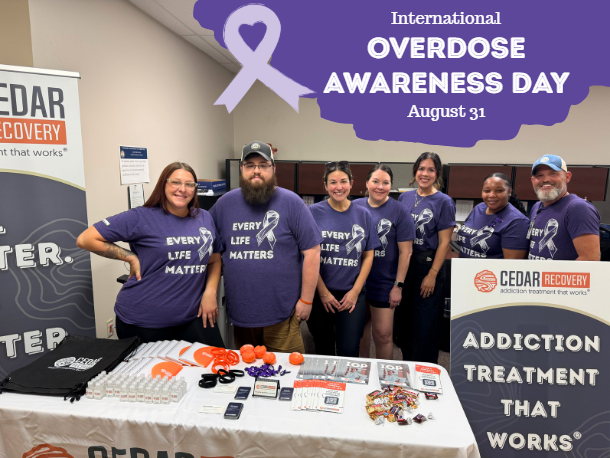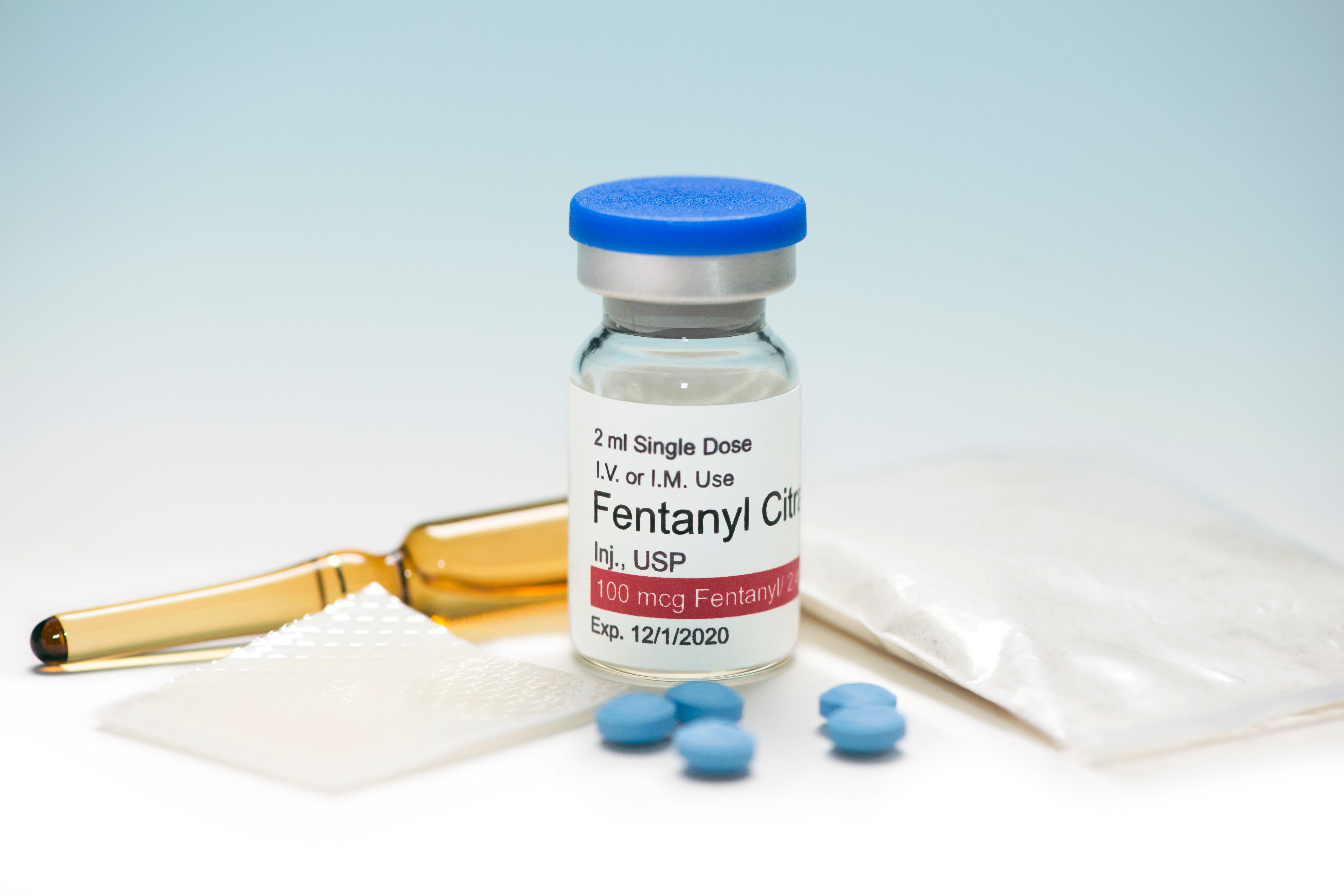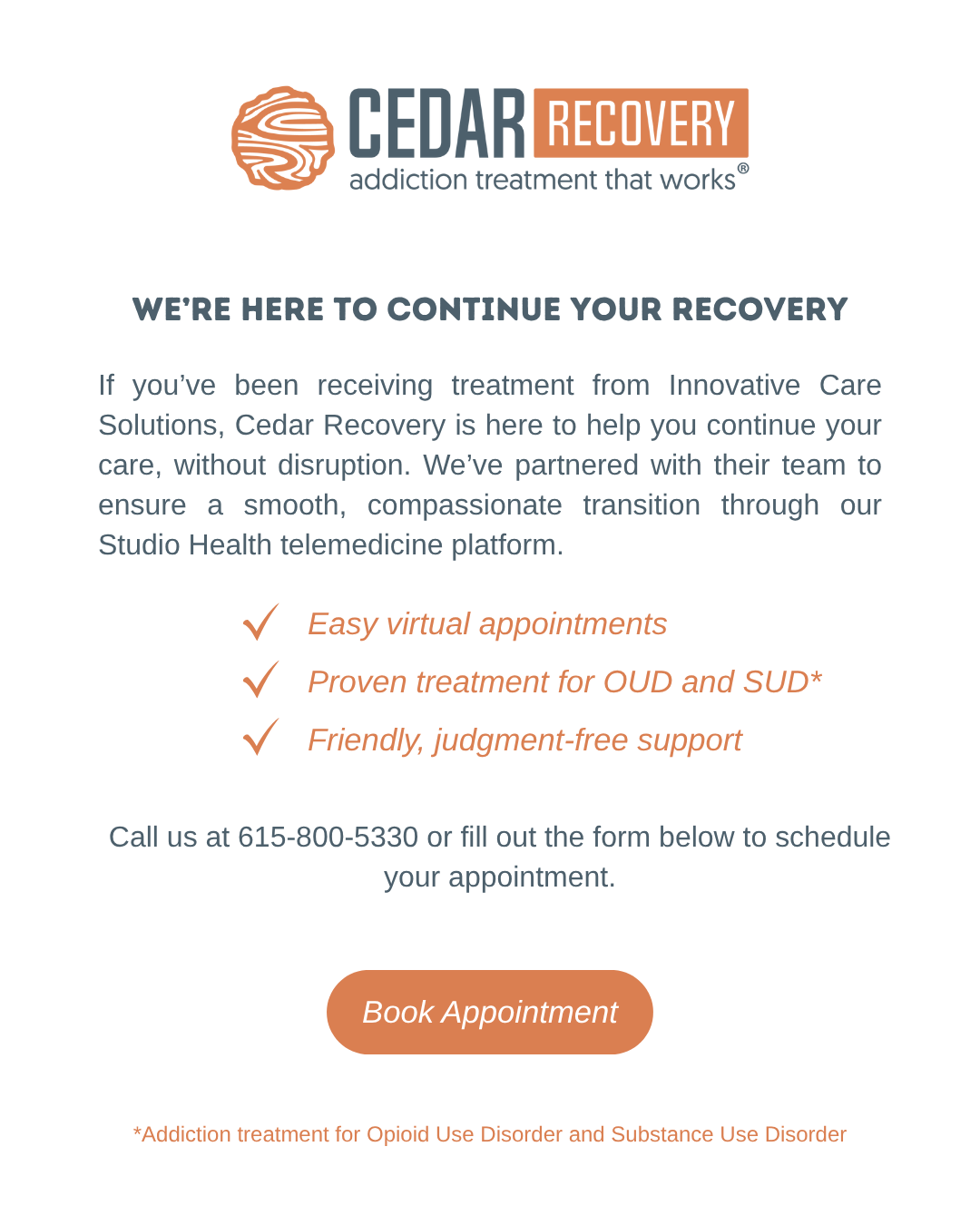Successfully navigating the path to recovery from opioid addiction requires resilience, dedication, and effective strategies to recognise and respond to triggers and temptations. Understanding how to combat these challenges are integral aspects of Medication Assisted Treatment (MAT). In this article, we explore five helpful tips to support you on your journey to lasting recovery.

Successfully navigating the path to recovery from opioid addiction requires resilience, dedication, and effective strategies to recognise and respond to triggers and temptations. Understanding how to combat these challenges are integral aspects of Medication Assisted Treatment (MAT). In this article, we explore five helpful tips to support you on your journey to lasting recovery.
Establish a relapse prevention plan
A relapse prevention plan tailored to your unique needs is a cornerstone of successful recovery. You should work closely with your MAT provider to identify specific triggers and temptations that may come between you and your progress. Together, you will create a detailed plan outlining coping mechanisms, support systems, and emergency contacts. It is helpful to regularly revisit an refine this plan as your progress in your recovery journey.
Strengthen your support system
Building a strong support system is key to overcoming triggers and temptations. Surround yourself with people who understand and empathize with your journey, including MAT providers, friends, family, and co-workers. Attend support group gatherings or therapy sessions to connect with others who share similar experiences and can offer first hand advice and support to help you on your way. Having a reliable support network provides encouragement during challenging times and reinforces your commitment to lasting opioid addiction recovery.
Mindfulness and stress reduction techniques
Establishing mindfulness practices into your daily routine can be instrumental in managing stress and anxiety; common triggers for opioid relapse. Explore techniques such as meditation, deep breathing exercises (see our related article: 5 breathing exercises for calmness), or yoga to encourage a healthy mind. These practices all enhance your ability to stay in the present, reducing anxiety and making it easier to navigate temptations when they arise.
Identify and Avoid Triggers
Knowing your specific triggers is crucial for effective relapse prevention. Work closely with your MAT provider to identify situations, environments, or emotions that may lead to cravings. Once these have been identified, develop strategies to either avoid these triggers or develop coping strategies to combat them effectively. This approach empowers you to navigate the challenges of opioid addiction with confidence.
Engage in Ongoing Therapy and Counseling
MAT providers and addiction specialists play a vital role in supporting your recovery journey. Regular therapy sessions provide a safe space to explore the root causes of addiction, discuss challenges, and develop coping strategies. Open communication with your addiction specialists fosters a collaborative approach to overcoming triggers and temptations.
Remember, recovery is a dynamic and evolving process, and each step forward is a testament to your strength and commitment. If you or a loved one is seeking a Tennessee recovery clinic that offers personalized support on the journey to recovery, consider reaching out to Cedar Recovery, a leading addiction treatment center in Tennessee. Our compassionate team, experienced MAT providers, licensed therapists, and evidence-based approach provide a comprehensive foundation for overcoming opioid addiction. Take the first step toward lasting recovery and contact Cedar Recovery today to explore your options.





